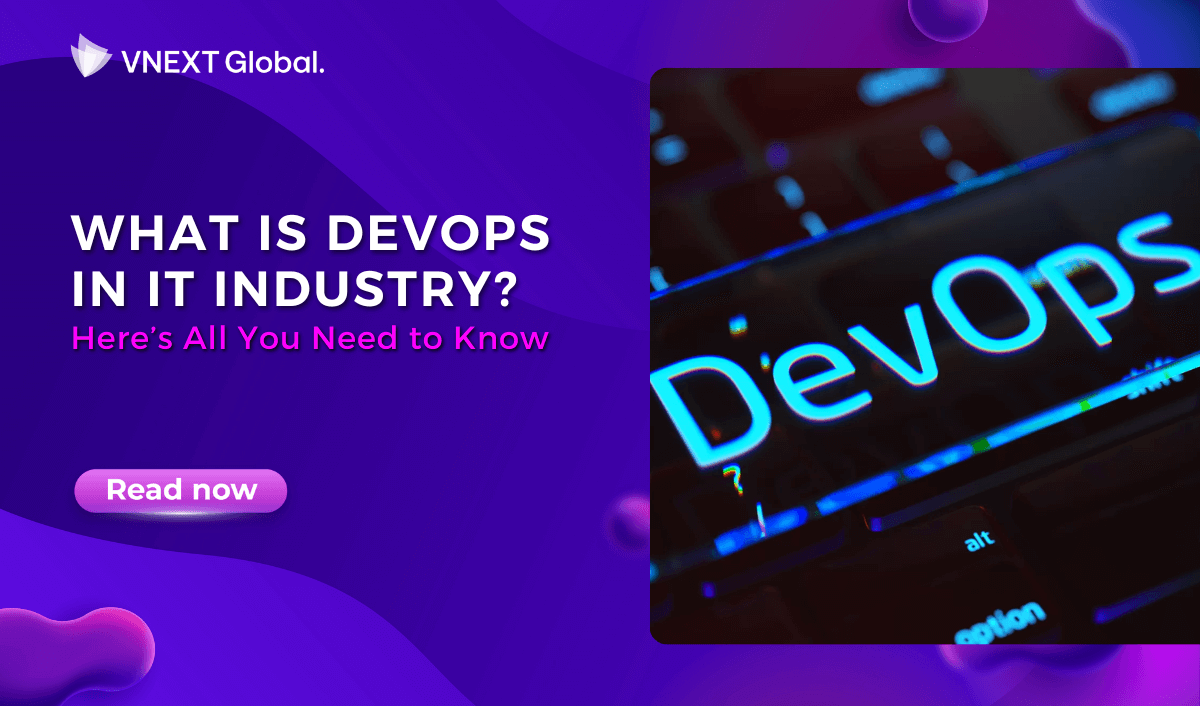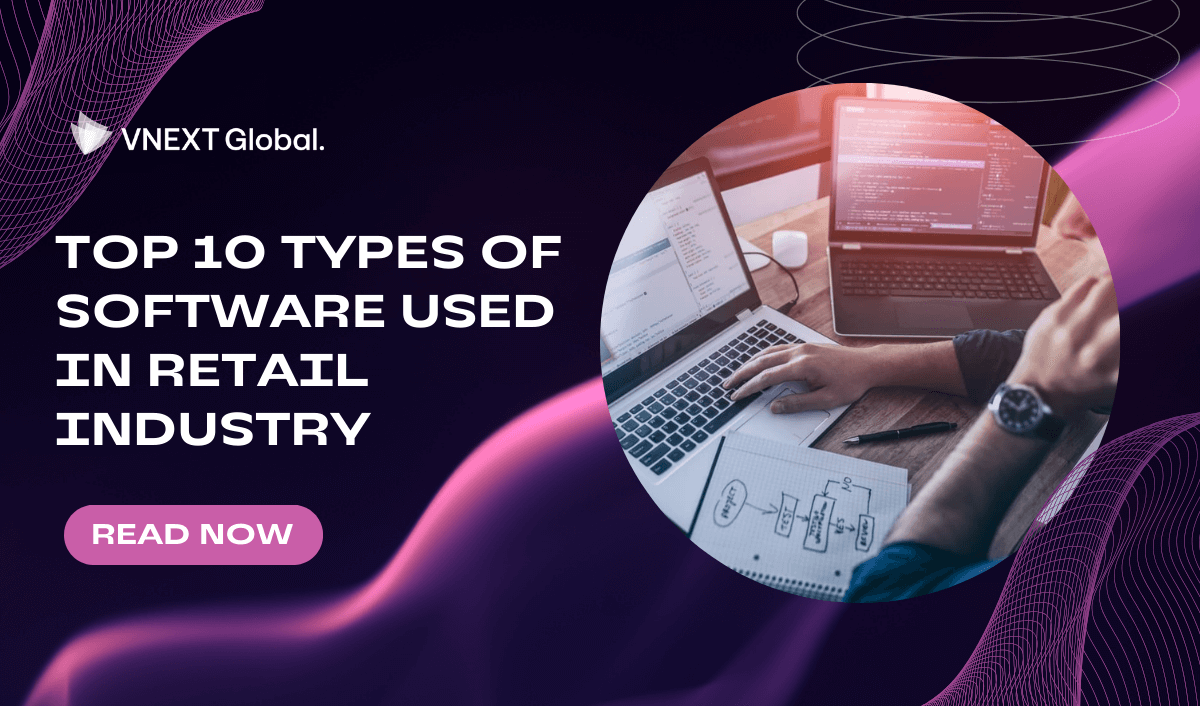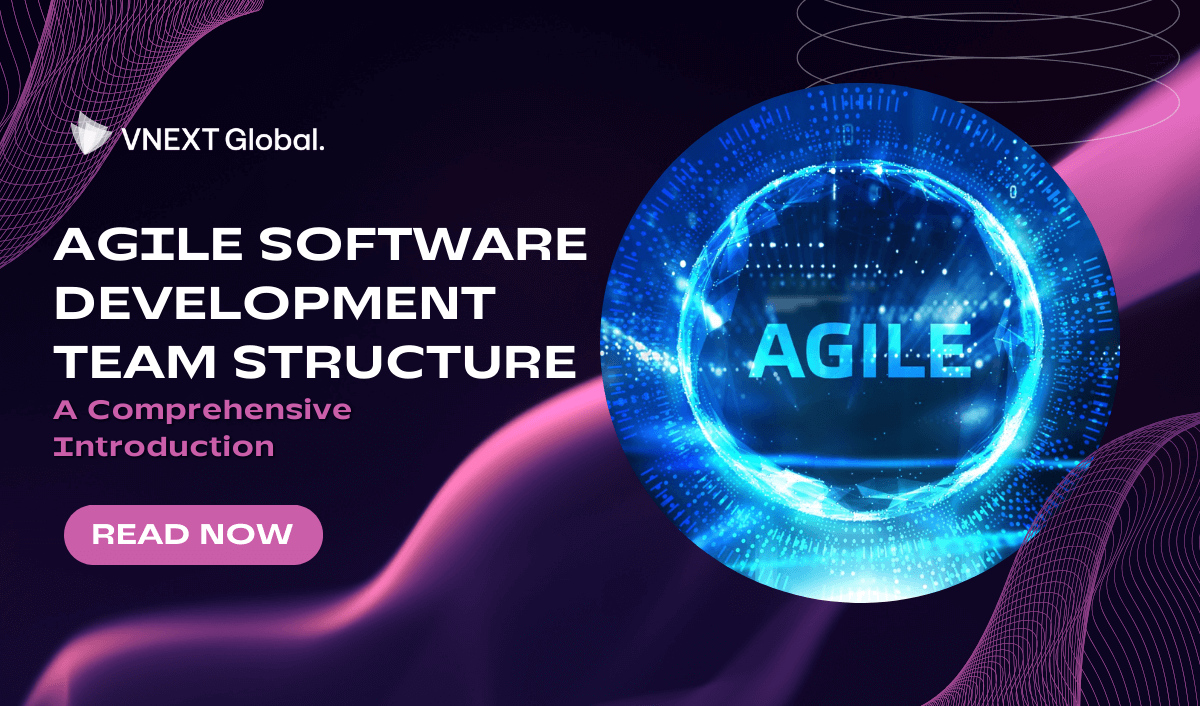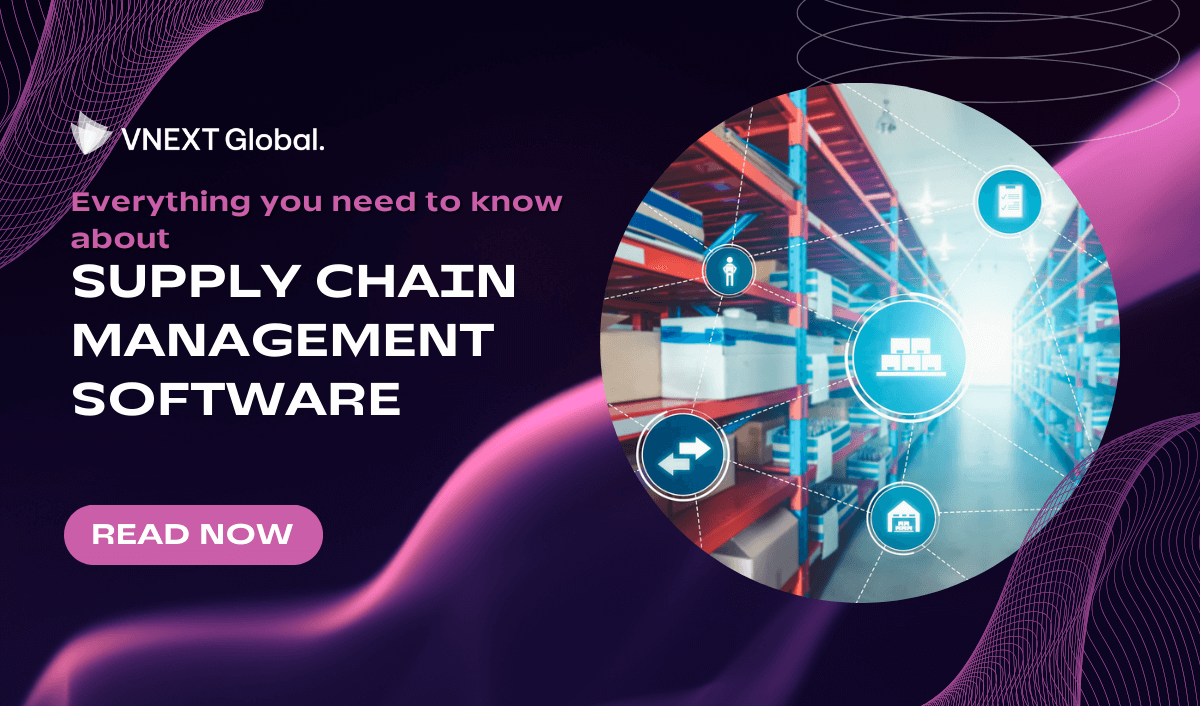What is DevOps in IT Industry? Here’s All You Need to Know
DevOps has long been recognized as a transformative force, revolutionizing the way IT processes are managed and software is delivered. DevOps is more than just a buzzword; it's a set of practices, principles, and cultural philosophies that have become integral to the IT industry. In this comprehensive guide, we will explore what DevOps is in the IT industry, its primary objectives, its role and applications in different sectors. Let’s get started!
What is DevOps in the IT Industry?
DevOps in the IT industry represents a cultural and operational shift that aims to break down traditional silos between development and IT operations teams. It fosters collaboration, communication, and shared responsibilities among these teams, with a focus on automating and optimizing the end-to-end software delivery pipeline.
DevOps is not just a set of tools; it's a mindset and a culture that values continuous improvement, efficiency, and delivering value to customers. In essence, it seeks to bridge the gap between software development and IT operations, enabling organizations to develop, test, and deliver software more rapidly, reliably, and with fewer errors.
If you're interested in learning more about DevOps, this article might be of interest to you.
DevOps Engineers: Who Are They?
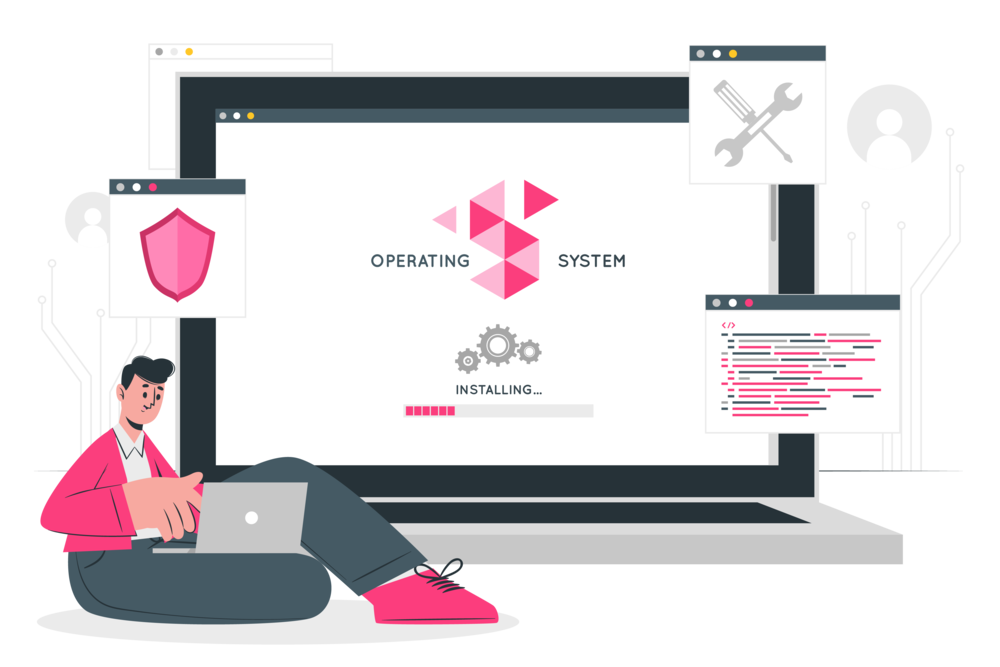
What are The Main Goals of DevOps?
1. Faster Time-to-Market
One of the primary objectives of DevOps is to accelerate the time it takes to develop and release software products. According to the "State of DevOps" report by Puppet, high-performing IT organizations are 46 times more likely to make changes to their software in under an hour. By automating manual processes and streamlining workflows, IT companies can deliver new features and updates more swiftly, meeting customer demands in a timely manner.
2. Enhanced Collaboration
DevOps fosters a culture of collaboration and cross-functional teamwork. Developers and operations teams work together seamlessly to align their goals and responsibilities. This collaboration leads to better communication, fewer misunderstandings, and ultimately, improved product quality.
3. Improved Quality and Reliability
DevOps practices, such as continuous integration (CI) and continuous delivery (CD), promote automated testing and frequent code integration. This results in higher software quality and reliability, as issues are identified and resolved earlier in the development process.
Real-world Case: Amazon Web Services (AWS) has implemented DevOps practices to achieve a remarkable 90% reduction in operational issues.
4. Efficiency and Cost Reduction
DevOps automation reduces manual, time-consuming tasks, and minimizes errors. Consequently, IT companies experience cost savings and resource optimization, leading to a more efficient use of resources.
The DevOps Research and Assessment (DORA) 2019 report found that high-performing DevOps organizations are twice as likely to exceed their profitability, market share, and productivity goals.
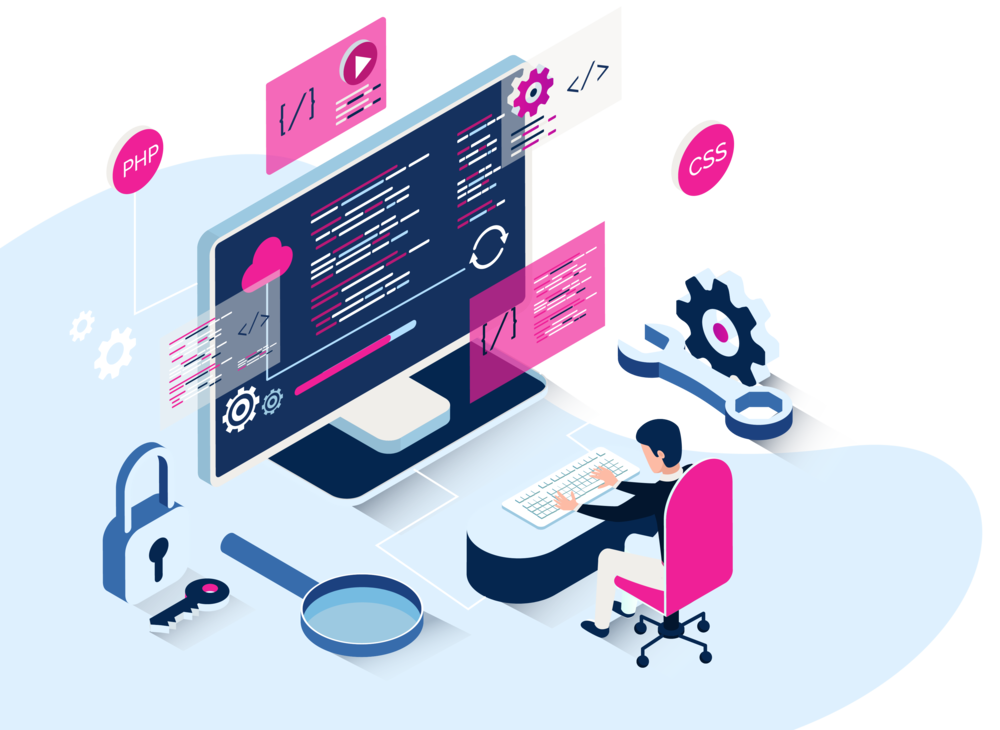
What is the Role of DevOps in an IT Company?
DevOps plays a multifaceted role within an IT company, influencing various aspects of operations and development. Here are key facets of its role:
1. Continuous Integration and Continuous Delivery (CI/CD)
DevOps is instrumental in establishing and maintaining CI/CD pipelines. Continuous Integration (CI) involves the frequent and automated merging of code changes into a shared repository. This practice ensures that new code is continuously integrated with the existing codebase, reducing the risk of integration conflicts and identifying issues early in the development process.
Continuous Delivery (CD) extends CI by automating the deployment of code changes to various environments, including development, testing, staging, and production. This automation enables IT companies to deliver new features, updates, and bug fixes rapidly and reliably.
Real-world Case: Amazon Web Services (AWS) employs a sophisticated CI/CD pipeline to perform millions of deployments per month, showcasing the scalability and reliability of CI/CD practices.
2. Automation and Infrastructure as Code (IaC)
Automation is at the heart of DevOps, with a focus on automating manual and repetitive tasks throughout the software delivery lifecycle. This includes automating code builds, testing, deployment, and infrastructure provisioning.
Infrastructure as Code (IaC) is a key component of automation, allowing IT companies to define and manage infrastructure resources through code. IaC scripts or templates describe the desired state of infrastructure, enabling rapid and consistent provisioning of servers, networks, databases, and other resources. This approach reduces the risk of configuration drift, enhances resource scalability, and simplifies infrastructure management.
Real-world Case: Companies like Netflix and Airbnb leverage IaC to manage their extensive cloud infrastructure efficiently, ensuring consistency across their applications.
3. Monitoring and Feedback Loops
DevOps emphasizes the importance of proactive monitoring and feedback mechanisms. Monitoring tools are used to track application and system performance in real-time. Metrics and logs are collected to gain insights into system behavior, detect anomalies, and troubleshoot issues promptly.
Feedback loops are established to capture user feedback, bug reports, and suggestions for improvement. This feedback is invaluable for IT companies as it helps prioritize enhancements and address issues promptly. DevOps teams use monitoring data and feedback to drive continuous improvement efforts, making data-driven decisions to enhance product quality and user experience.
Statistics: According to the DevOps Institute's Upskilling report, monitoring and observability are among the top skills that organizations are investing in to enhance their DevOps capabilities.
4. Culture of Collaboration
DevOps instills a cultural shift within IT companies, fostering collaboration and breaking down traditional silos between development, operations, quality assurance, and other teams. This cultural transformation encourages cross-functional teams to work together cohesively, align their goals, and share responsibilities.
Effective communication and collaboration become the norm rather than the exception. DevOps principles promote empathy, respect, and openness among team members, resulting in quicker issue resolution, more efficient problem-solving, and a shared sense of ownership over the entire software development and delivery process.
5. Security Integration (DevSecOps)
Security is a top priority in the IT industry, and DevOps addresses this by integrating security practices into the software development lifecycle—a practice known as DevSecOps. DevOps teams collaborate closely with security experts to ensure that applications are secure from the outset.
Security assessments, scans, and vulnerability checks are conducted throughout the development process. Security policies and compliance checks are defined as code, ensuring that security is an integral part of the automated deployment pipeline. This proactive approach reduces security vulnerabilities and the risk of data breaches.
Real-world Case: Capital One's DevSecOps practices are a testament to the effectiveness of integrating security early in the development process, helping to protect sensitive financial data.

DevOps Applications in Different Sectors
While DevOps principles are universal, their applications can vary significantly across different sectors. Here are some notable examples of how DevOps is utilized in various industries:
1. Healthcare
- Faster Patient Care: In healthcare, DevOps accelerates the development and deployment of critical healthcare applications and systems. This leads to quicker access to patient data, faster diagnoses, and improved patient care.
- Compliance and Security: DevOps helps healthcare organizations maintain compliance with regulatory standards like HIPAA (Health Insurance Portability and Accountability Act) by automating security and compliance checks.
- Telemedicine: The COVID-19 pandemic highlighted the importance of telemedicine. DevOps played a crucial role in rapidly deploying and maintaining telehealth solutions, ensuring healthcare continuity.
2. E-commerce
- High Scalability: E-commerce platforms often experience surges in traffic during peak shopping seasons. DevOps enables automatic scaling of resources to handle increased demand and maintain a seamless shopping experience.
- Continuous Updates: E-commerce websites require frequent updates, such as adding new products, features, and security patches. DevOps facilitates the continuous delivery of updates, ensuring a competitive edge.
- Personalization: DevOps supports the implementation of personalized shopping experiences through rapid feature deployment, allowing e-commerce companies to offer tailored product recommendations and promotions.
3. Manufacturing
- Quality Assurance: DevOps practices are employed to automate testing in manufacturing processes. This ensures product quality and reduces defects in the production line.
- Supply Chain Management: DevOps aids in streamlining supply chain operations by optimizing inventory management, order processing, and distribution processes.
- Remote Monitoring: In the era of Industry 4.0, DevOps enables remote monitoring of manufacturing equipment and processes, leading to predictive maintenance and reduced downtime.
4. Finance
-
Digital Banking: DevOps is essential for financial institutions offering digital banking services. It enables the rapid development and deployment of mobile apps, online banking platforms, and digital payment solutions.
- Algorithmic Trading: In the finance sector, DevOps supports the development and maintenance of algorithmic trading systems. Automation ensures that trading strategies can be executed swiftly and reliably.
- Security and Compliance: DevOps practices are vital in financial organizations to maintain robust security measures and adhere to stringent regulatory compliance standards, such as those mandated by PCI DSS and GDPR.
5. Automotive
- Connected Vehicles: DevOps is instrumental in developing and maintaining software for connected vehicles, including over-the-air (OTA) updates for vehicle software and firmware.
- Autonomous Driving: The development of autonomous vehicles relies heavily on DevOps for rapid prototyping, testing, and deployment of advanced driver-assistance systems (ADAS).
- Quality and Safety: DevOps ensures that automotive software meets stringent quality and safety standards, critical for the safety of passengers and road users.
6. Education
- Remote Learning: The COVID-19 pandemic necessitated the adoption of remote learning solutions. DevOps played a role in swiftly deploying and maintaining online learning platforms.
- Scalable Infrastructure: DevOps enables educational institutions to scale their infrastructure to accommodate a growing number of online students, ensuring a seamless learning experience.
- Data Analytics for Personalized Learning: DevOps supports the implementation of data analytics solutions that analyze student performance data to personalize learning experiences and identify areas for improvement.
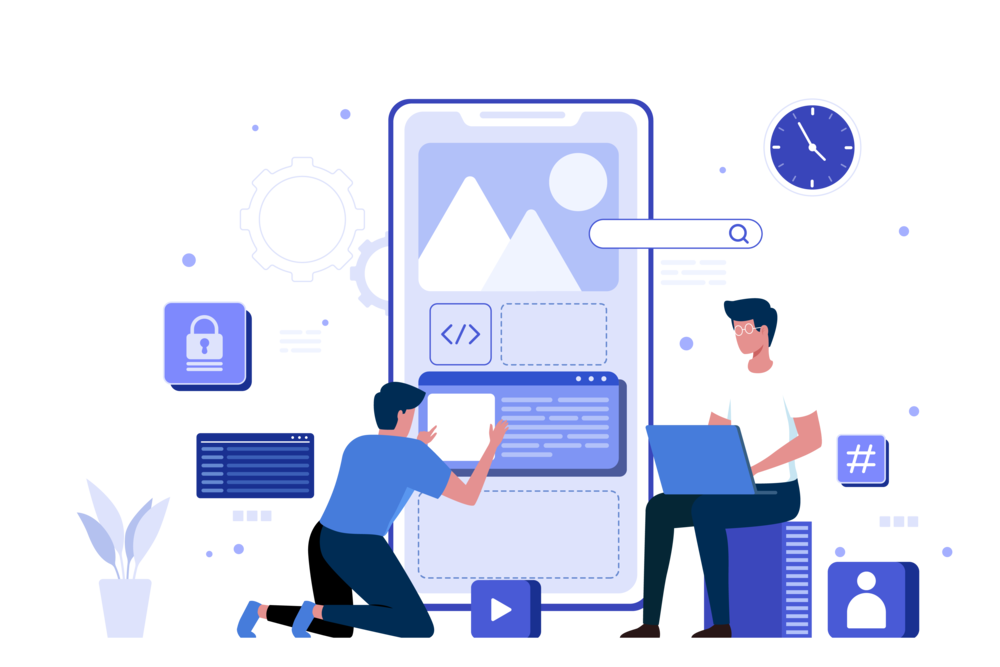
Final Thoughts:
DevOps has become a fundamental driver of innovation and efficiency in the IT industry. It is not just a set of tools or practices; it represents a cultural shift that emphasizes collaboration, automation, and continuous improvement. With its primary objectives of faster time-to-market, enhanced collaboration, improved quality, and cost reduction, DevOps has proven to be a game-changer for IT companies.
If you are looking for a trusted IT partner, VNEXT Global is the ideal choice. With 14+ years of experience, we surely can help you to optimize your business digitalization within a small budget and short time. Currently, we have 400+ IT consultants and developers in Mobile App, Web App, System Development, Blockchain Development and Testing Services. We have provided solutions to 600+ projects in several industries for clients worldwide. We are willing to become a companion on your way to success. Please tell us when is convenient for you to have an online meeting to discuss this further. Have a nice day!

